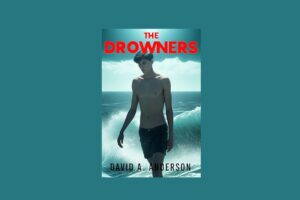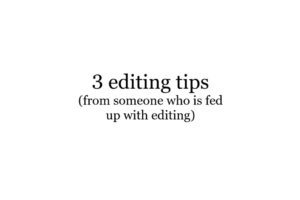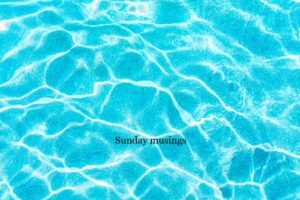Dystopian literature is obsessed with human ideals, human history, human concerns and particularly human preservation. The genre highlights the finite balance between happiness and unhappiness as it closely focuses on an individual’s response to unnatural alterations within a social environment. It observes the differences in decisions made within a group compared to those made independently, and a lot of the time concentrates on the day-to-day thoughts of a person rather than situation-based reactions.
Basically, dystopian literature is very self-involved.
You could lose yourself thinking up different ways of fragmenting the human soul and clearly many writers have thoroughly enjoyed doing this. It is almost like torture porn as we grow increasingly intrigued and excited by the mere thought of our own zombie apocalypse plan. Many of us seem to love deliberating on how we would react in certain stressful situations and whether we would perform better than fictional characters in their dystopian worlds, the emphasis very much on how I would react, what I would do, what if the rest of the world was screwed and only I were sane. Thoughts pertaining to one’s superiority is for most a daily occurrence, but why is it so appealing to mull over the predicament of being alone with the capability of independent thought?
It is a very selfish and almost nihilistic view to believe that you are the catalyst of a revolution (e.g. Katniss in The Hunger Games), and these are features you may not at first associate with well thought-out science fiction. It is something so primal and basic, and it makes me think that maybe no matter how intelligent we are or grow to be it will all still come down to the pathetic needs of food, sex and sleep.
You could be forgiven for thinking that this genre may as well be written by self-absorbed, miserable neanderthals for it does reflect such obvious needs and desires. Furthermore, the problems inferred by the dystopic situation always affect the immediate party, and the subsequent reaction is almost like a crying baby wanting comfort, unaware of nothing beyond itself. I wonder if there is any dystopian fiction where the primary focus is not on the people experiencing the corrupt government or the overbearing social expectations or the flesh-eating undead, but the other people separate from the situation trying to help those that are suffering? Why are there no novels about a rescue party or observing outsiders, why is it always poor old me me me?
Well, it is simply because this is how human nature works; we’re not programmed to be interested in the well-being of others, especially those that we can’t identify with. Why? Because we seek anything that benefits us as anything else could prove detrimental. We always have a selfish ulterior motive, leading to the depressing conclusion that there is no such thing as altruism.
I could end this by saying that we humans are a disappointing race and that we are not as advanced as we like to think we are, but in fact this article proves the opposite. Our ingrained selfishness is not only an essential tool for survival (a complicated feat in itself) but it is also the reason why we can recognise a dystopia from a utopia, a third world country from a first, a good act from a bad. Because we only care about our own interests and are constantly thinking of what feels good and what feels bad to us, we impose our selfish thoughts onto our surroundings and this leads to an accidental sense of consciousness and awareness as the thoughts of others are mirrored back to us. As a result, we are able to empathise with others.
So yes, dystopian literature is pretty selfish overall, but without selfishness there is no sense of self-preservation, and without that there really would be a possibility for a dystopian reality.



Leave a Reply